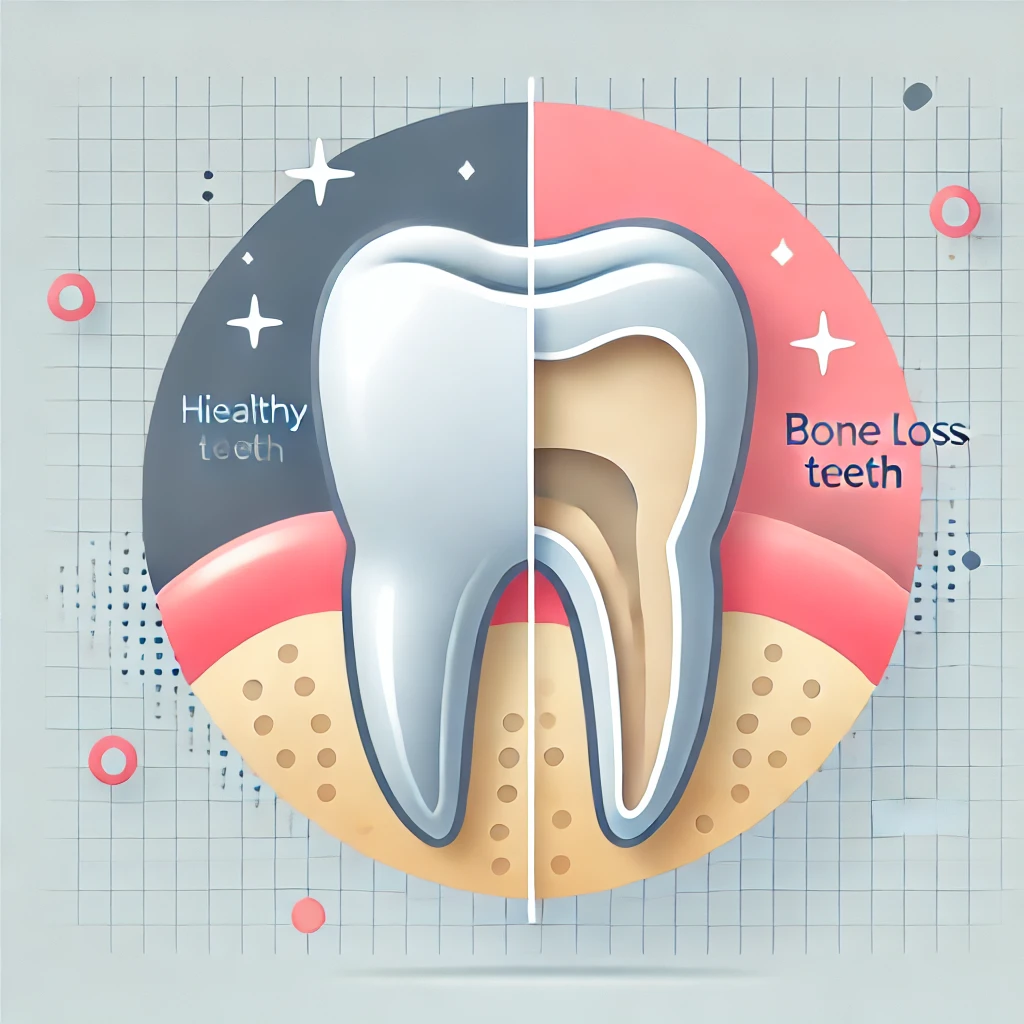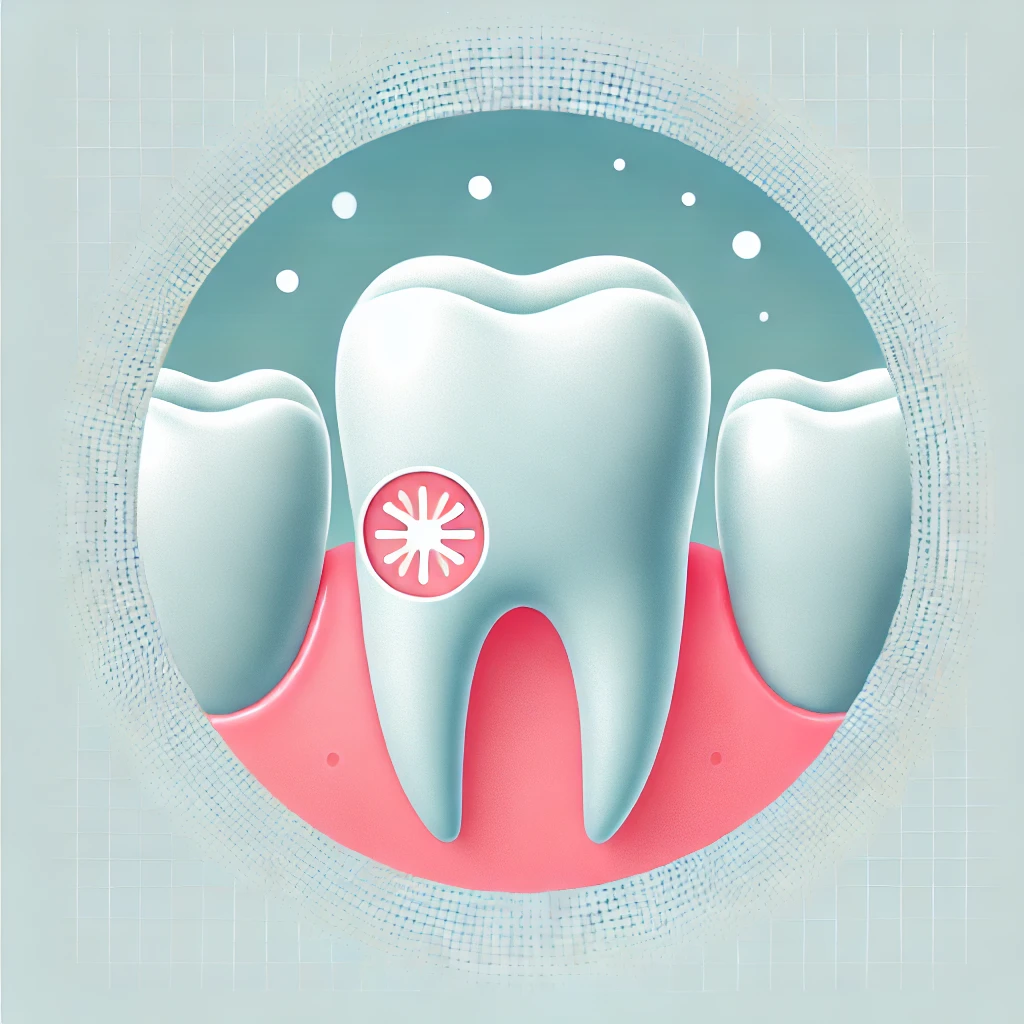Even one tooth loss can have serious impacts, as dental health is vital to general well-being. You might be unsure if dental implants are the best option if you’ve been dealing with oral worry or missing teeth. Making a learned choice can be helped by knowing the important signs. To help you restore confidence in your smile and oral health, we’ll go over 8 signs that you need dental implants in this post.
1: Persistent Difficulty in Chewing Food
Your teeth are important for chewing, and having trouble chewing might be a warning of problems. Eating is often uncomfortable when teeth are missing or dentures are shaky. As a result of your food not being properly broken down, you may in time develop digestive issues. Your ability to eat effectively and happily is restored with dental implants, which offer a secure and long-lasting solution.
Why Chewing Problems Shouldn’t Be Ignored
Chewing problems have an impact on your overall nutrition as well as your dental health. Poor food choices, nutritional lack, and even weight loss can result from eating problems. This can finally damage your general health and immune system. A well-fitting dental implant increases chewing efficiency, letting you eat a greater range of nutritious meals without feeling worried or painful.
2: Missing One or More Teeth
Losing a tooth can cause bone loss and misalignment of near teeth in addition to being an improving concern. Dental implants provide a long-lasting and visually good-looking replacement for one or more missing teeth. By imitating the form and function of natural teeth, they protect your jawbone and stop extra issues.

Long-Term Effects of Missing Teeth
If lost teeth are not replaced, nearby teeth may move, resulting in problems with bite and more tooth loss. Additionally, gaps left by missing teeth can harbor food particles and bacteria, raising the risk of decline and gum disease. As well as carrying back your smile, dental implants help you keep good oral hygiene and alignment, which lowers your risk of developing long-term dental problems.
3: Loose or Ill-Fitting Dentures
Annoyance, spots, and trouble speaking or eating can result from incorrectly fitting dentures. A lot of people are uncomfortable about their dentures slipping at awkward times. By definitely anchoring dentures, dental implants can reduce awkwardness and increase confidence. Implant-supported dentures do and feel more like natural teeth.
Benefits of Dentures Supported by Implants
Options held by implants provide greater constancy, comfort, and durability than conventional dentures. You may eat, talk, and smile with confidence thanks to them because they don’t slip or click like traditional dentures do. Moreover, implant-supported dentures involve less maintenance, fewer adjustments, and less sticky gums.
4: Signs of Bone Loss in the Jaw
For those who have lost teeth, bone loss is a dominant problem. For the jawbone to remain dense, tooth roots must stimulate it. The bone in that region begins to fail when teeth are lost. By stimulating the jawbone and halting future loss, dental implants function as artificial roots. Implants might be the answer if you’ve practical changes in your jawline or facial loose.
Preventing Bone Loss with Implants
Over a process known as Osseo integration, dental implants fuse with the jawbone to endorse the formation of natural bone. Your facial structure and bone health are maintained by this inspiration. In the absence of implants, continuous bone loss may result in a depressed face that makes you appear older than you are. These problems are avoided and a younger, healthier appearance is guaranteed with prompt implant intervention.
5: Chronic Tooth Pain or Severe Decay
It might be time to think about dental implants if you have strictly decaying teeth or are dealing with long-lasting tooth awkwardness. Infections and other health issues might result from teeth that cannot be fixed. Adding to restoring operative, replacing them with implants stops the infection from increasing to nearby teeth and tissues.
When Is It Necessary to Remove and Replace Implants?
Extraction is often necessary for severe decline or damage that cannot be repaired with crowns or fillings. Such teeth can cause gum disease, swellings, and even total health problems if they are not corrected. A dental implant can be used to replace the damaged tooth, maintaining the health and functionality of the nearby teeth.
6: Difficulty Speaking Clearly
When teeth fall out or dental appliances don’t fit properly, speech might be seriously stuck. You might have trouble speaking some words or feel awkward about clicks and lisps brought on by gaps or dentures. By restoring your mouth’s natural structure, dental implants enable you to talk more confidently and clearly.
Enhancing Speech with Implants
With the firm base that implants give replacement teeth, your tongue can move naturally to speak words correctly. In similarity to dentures that might move or smear, implants stay firmly in place, allowing you to speak clearly and confidently in both social and professional contexts.
7: Self-Consciousness about Your Smile
Visible damage or a lost tooth can disturb your confidence and enthusiasm to smile. Your social life and even your mental health might be negatively jammed by self-consciousness. Dental implants help you restore a stunning, natural-looking smile by offering a long-term, beautifully acceptable alternative.
Using Dental Implants to Increase Confidence
Implants improve your confidence along with your smile thanks to their secure fit and natural look. They make you more at ease in social settings and in pictures, which improves your quality of life overall. A self-assured smile can help you in both your professional and personal relations.
8: Gum Recession Around Missing Teeth
The gum tissue around a lost tooth regularly recedes, leaving gaps and a rough gum line. Gum disease risk may rise as a result, and maintaining proper oral hygiene may become more difficult. Dental implants promote healthier gums and a more stable look by filling up these spaces and supporting the nearby tissues.

Keeping Your Gums Healthy While Using Implants
By filling in the gaps where germs can grow, implants shield the gums and lower the risk of periodontal illness. They also give soft tissue care, which stops additional gum slump and guarantees a more attractive, balanced gum line. Implants are a long-term answer since proper maintenance further improves gum health.
Other Key Factors to Consider About Dental Implants
Now we will talk about other important factors after the top 8.
How do you tell if you need a dental implant?
A dental implant’s necessity is generally resolute by assessing the stability and condition of your gums and teeth. Key markers include indications including chronic discomfort, tooth loss, bone loss, and trouble speaking or chewing. A dentist can control the need for an implant with a full assessment that includes X-rays.
Professional Evaluation
For problems to be noticed early, routine dental checkups are vital. Your dentist will inspect your teeth during an examination to look for signs of infection, waning, or bone loss. CT scans and other advanced imaging practices may be used to assess jawbone density and decide whether you’re a good candidate for implants.
How to fix missing teeth without implants?
While dental implants are a common remedy for tooth loss, there are other options. Common non-implant replacements include bridges and dentures. Dental bridges are maintained by neighboring teeth, while regular dentures are supported by the gums. Every solution has pros and cons based on your exclusive necessities.
Evaluating Alternatives
Even though bridges and dentures are less invasive and cost less than implants, they cannot last as long. Healthy neighboring teeth are necessary for bridge support, which could result in more wear. While cheap, dentures frequently require routine changes and replacements. These substitutes do not stop bone loss, which might result in permanent alterations to facial structure, not like implants.
Can I avoid dental implants?
Yes, it is possible to avoid dental implants if other therapies or early prophylactic steps are applied. Keeping good oral hygiene, taking care of tooth decline as soon as it occurs, and thinking about bridges or dentures can all help you deal with tooth loss without implants? But the most practical and long-lasting solution is normally an implant.
The Importance of Preventative Care
Keeping your natural teeth can be enabled by routine dental care, which contains fluoride treatments and expert cleanings. Tooth loss can be avoided by avoiding sugary foods and maintaining proper dental hygiene. The need for implants may be on hold or avoided with prompt involvement using less invasive options like bridges if tooth loss happens.
Which implant is best for teeth?
The ideal kind of dental implant is determined by each person’s wants. The most popular and long-lasting implants are endsteal ones, which are inserted straight into the jawbone. Patients with low bone thickness can benefit from subperiosteal implants, which are placed above the jawbone but under the gum line. As per your exact needs and dental health, your dentist will advise the best way of action.
Things to Think About
Think about things like finances, gum health, and jawbone density while selecting an implant type. Subperiosteal implants are more suitable for patients with poor bone height, whereas endosteal implants are best for those with considerable bone support. Speaking with a dental specialist guarantees a modified solution that pleases your long-term objectives for oral health.
Conclusion
Dental implants are a whole solution for recovering dental health and quality of life, not just a cosmetic solution. You must speak with a dentist if you’re see-through any of the symptoms listed above. Implants can change your smile and overall well-being with their continuing and natural-looking effects.
FAQs
Most patients who have healthy gums and sufficient jawbone density can get dental implants. To control your suitability, a dentist can assess your condition.
Dental implants can last a lifetime with the right maintenance. For them to live a long life, regular checkups and proper dental hygiene are vital.
To ensure the least amount of discomfort, the surgery is regularly carried out under local anesthesia. During the remedial point, the common patients report acceptable soreness.
The amount of implants and the way’s difficulty touch the price. To lower the cost of treatment, many clinics provide financing options.
Also Read: Vladislava Gagan The Rising Star


